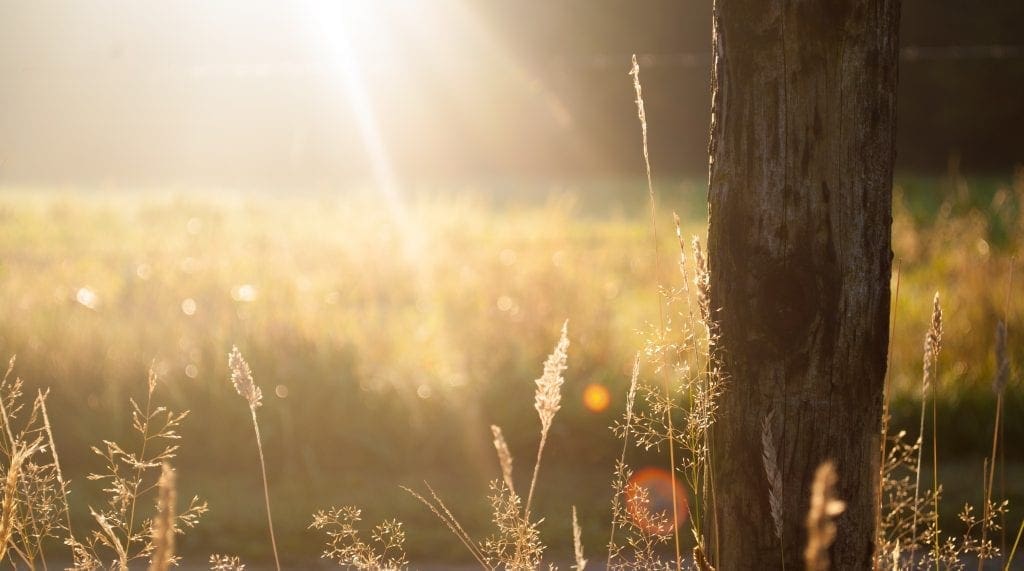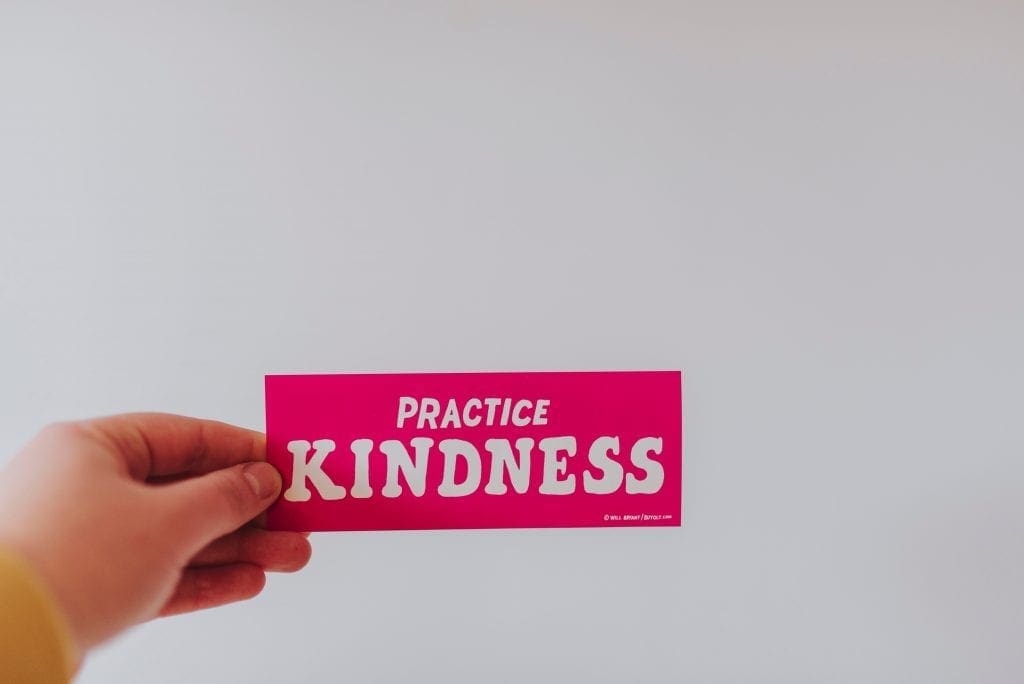Why Acts of Kindness are Also Good for You
“For what you do to others, you do to yourself.” — Eckhart Tolle
There seem to be two camps of folks these days– those who believe the world would be a better place with more human kindness; and those who see being kind as weak and reserve their good nature for only those they deem worthy of it.
Case in point: when celebrity Ellen DeGeneres recently sat with former US president George Bush at a ball game, she came under harsh criticism for chumming around with the other “side.” DeGeneres pushed back, stating, “When I say, ‘Be kind to one another,’ I don’t mean only the people that think the same way that you do. I mean be kind to everyone.”
But acts of kindness aren’t just Kumbaya idealism. As it turns out, kindness has tangible benefits for everyone involved, including the giver. Studies have shown being nice increases the likelihood you will be sought out for advice, be perceived as a leader, and increases your job performance. Being kind makes you happy, and may even make you live longer. It’s a win-win — by practicing kindness we’re building better selves and better communities at the same time.
Here are five simple ways you can increase your kindness quotient today:
1. Go High

The guy on my way to work was a real jerk. I mean, premium Grade-A. I had every reason to verbally let him have it. But I didn’t. I decided a while back to follow to the best of my ability the axiom “When they go low, we go high” (although I’m still trying!). I had been experiencing increased stress and headaches, and found that unpleasant interactions made me feel worse.
Science confirms what I had learned, that mirroring unkindness and dislike back at difficult people only makes things worse. Returning unkindness with kindness can help defuse sticky situations. What’s more, it’s good for you. Oxytocin and dopamine — two hormones in your body associated with feelings of love and happiness– are released when we express kindness. Even just a few words can spark the effect. So resist the urge to react negatively when someone is unkind and “go high” instead.
2. Start Small

A group of adults was asked to report stressful events they experienced each day at work and school, in their home life, and in their health and finances. They were also asked to report on whether they participated in various acts of kindness each day (held open a door, gave money to a stranger, gave up their seat on the train, etc.). The results showed that on any given day, helping others controlled the effects of stress on the participants’ overall health. If we do even the smallest things for others–smile at strangers, hold open the door–we can reap the benefits.
3. Give Thanks

It’s so easy to say “thank you.” Easy things are often what get overlooked. Studies show gratitude not only affects the person thanked but benefit us as well. Being thankful makes you happier, makes us more resilient to stress and trauma, and can actually make us healthier and potentially live longer. So go ahead and tip your waiter double, tell your mom thanks for all she does for you, and even share your gratitude list with all your friends on Facebook!
4. Reach Out
Social connection helps reduce anxiety and depression, strengthens your immune system, and increases longevity. After I lost the business I had built and had a falling out with one of my adult children, I stepped back from all but the most essential of activities. For a while, it was nice. I cocooned and focused on healing and did only what was needful. But after a while, it got lonely. I will be forever grateful for the few kind souls who took the effort to reach out to me during my self-imposed exile, with kind notes, offers to help, and invitations (even when I refused them).
5. Start an Epidemic

We all recognize that peer pressure is real, and know that negative emotions such as hate, fear, and anger seem to spread as if they were a virus. But science has also shown that people can “catch” empathy from others, and that kindness can be contagious. As one volunteer working on a large-scale project put it, “You can’t help but just get excited to get involved.”
All you have to do is do a good deed, and share that good deed. You might be uncomfortable letting others know of your acts of kindness, but sharing goodness creates a ripple effect–a feel-good, do-good, cycle where people then do more good the better they feel. And on and on it goes.
The world can be harsh, and everyone is going through it carrying their own burdens. It’s good to know that even in this reality a little kindness can still go a long way.
